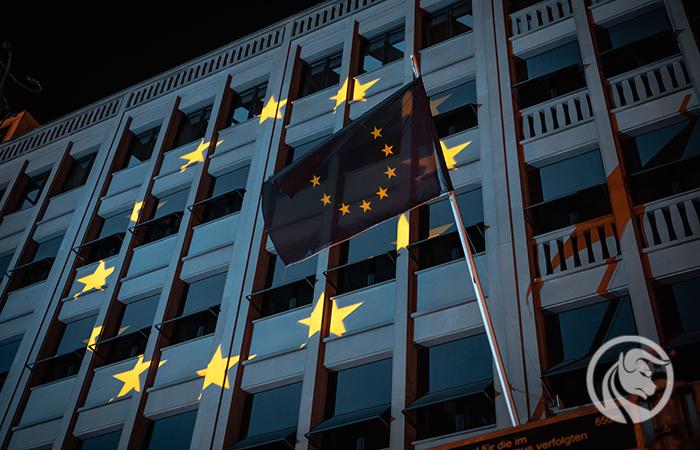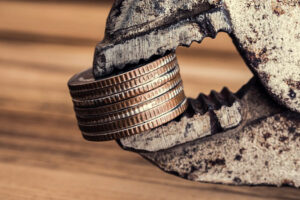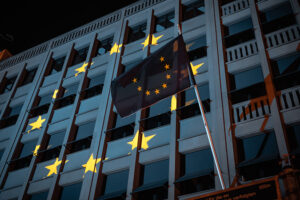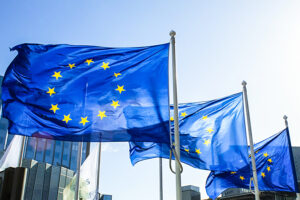Europe's energy crisis: it will get worse before it can get any better
In his book America's First Great Depression: Economic Crisis and Political Disorder after the Panic of 1837 ("America's First Great Depression: The Economic Crisis and Political Chaos after the Panic of 1837," 2013), Alasdair Roberts masterfully explains how the United States dealt with the consequences of the country's first Great Depression. It shows how commitment to democracy was tested during the crisis. It also analyzes how European countries coped in this troubled period and how they doubled up rising food prices combined with very high interest rates, they could have contributed to the revolution throughout Europe in 1848, at a time when the supply of labor was large and the supply of capital was quite the opposite.
“In early 1847, staple food prices across Europe doubled, leading to riots and fears of famine. The European government […] responded with a restrictive monetary policy that led to a recession. In 1848, Europe realized the political consequences of two years of economic chaos. "
History doesn't repeat itself - but it does rhyme a lot. The current economic period is similar to that of the mid-nineteenth century, but there are two major differences: capital is plentiful (although less than two years ago) and labor is scarce (the fertility rate in Europe in 1848 exceeded 3, and is currently 1,5, 2018). Should similar political instability be expected? We cannot rule out the return of the XNUMX Yellow Vest movement in France in one form or another, but it is unlikely that it will spread throughout Europe. Indeed, the most immediate political consequence is the right-wing evolution of European voters (empty September elections results in Italy and Sweden).
About the Author
 Christopher Dembik - French economist of Polish origin. He is global head of macroeconomic research at a Danish investment bank Saxo Bank. He is also an advisor to French parliamentarians and a member of the Polish think tank CASE, which took first place in the economic think tank in Central and Eastern Europe according to the report Global Go to Think Tank Index. As a global head of macroeconomic research, he supports branches, providing analysis of global monetary policy and macroeconomic developments to institutional and HNW clients in Europe and MENA. He is a regular commentator in international media (CNBC, Reuters, FT, BFM TV, France 2, etc.) and a speaker at international events (COP22, MENA Investment Congress, Paris Global Conference, etc.).
Christopher Dembik - French economist of Polish origin. He is global head of macroeconomic research at a Danish investment bank Saxo Bank. He is also an advisor to French parliamentarians and a member of the Polish think tank CASE, which took first place in the economic think tank in Central and Eastern Europe according to the report Global Go to Think Tank Index. As a global head of macroeconomic research, he supports branches, providing analysis of global monetary policy and macroeconomic developments to institutional and HNW clients in Europe and MENA. He is a regular commentator in international media (CNBC, Reuters, FT, BFM TV, France 2, etc.) and a speaker at international events (COP22, MENA Investment Congress, Paris Global Conference, etc.).
There is also a third difference from the mid-nineteenth-century crisis: potato blight and poor grain harvests were among the main factors that doubled food prices in 1847. These were external factors that could not be predicted or avoided. The current inflation crisis in Europe is largely driven by a failed energy policy, with a strong decades-long dependence on cheap fossil energy from Russia, and the abandonment of nuclear energy, coupled with investments in solar and wind energy that stage, they are not able to ensure a steady supply of energy. Nevertheless, if Europe were to take a pragmatic rather than ideological approach to energy, we would certainly avoid record-high energy prices - for example, the price of a French electricity forward contract with a one-year execution period has increased by 1000% compared to the long-term average in 2010- 2019.
The European energy crisis has become a fact and my colleagues and I have written extensively about it in recent months. However, there is cause for hope as there are at least three solutions to mitigate the effects of the current crisis, one of which can improve the situation almost immediately.
Energetic efficiency
A dead field for European energy policy. Policymakers advise to turn off wi-fi, but how much energy is actually consuming the internet box in an hour? 12 Wh. In the case of a dryer, we deal with 3 kWh, which is basically 250 times more. In this way, we are wrongly suggesting to European citizens that we are able to deal with the energy crisis with everyday small and simple eco-gestures. In fact, we need to invest in technological innovation, in particular in artificial intelligence (AI), which can bring quick and concrete benefits to users and lower energy consumption from this winter onwards. For example, the Barcelona metro management has installed an "intelligent" air conditioning system driven by artificial intelligence at 128 stations - those that pass over a million passengers a day. The result is truly striking: energy consumption has decreased by an average of 25% and user satisfaction has increased by 10%. Similar systems can be installed almost anywhere - in office buildings, cinemas, suburban infrastructure, etc. As a result, energy consumption will be significantly reduced, not within a few years, but within just a few weeks of implementation.
Emphasis on nuclear energy
Whether we like it or not, nuclear power is an integral part of the solution. Therefore, we should use this crisis to rethink our political position on nuclear energy. In early September, a number of organizations without political affiliation launched a petition to prevent Switzerland's planned departure from nuclear energy in 2027. Moreover, only France and the United Kingdom are currently building nuclear power plants on a large scale. While most European countries are wary of nuclear energy, Asia is convinced of it. South Korea is reversing the phase-out of nuclear power, and China is accelerating the construction of a large number of reactors. It should be emphasized that nuclear energy is not without its problems (e.g. corrosion issues in French nuclear reactors), but in the long term it guarantees energy independence and low energy prices. Moreover, the notion that nuclear energy is dangerous is not the case. In particular, the common belief that nuclear waste is extremely dangerous and that the energy industry does not know what to do with it is false. In fact, radioactivity diminishes rapidly over time: approximately 40 years after the end of energy production, the radioactivity of the fuel beam drops by more than 99%. Most of our industrial waste never loses its toxic properties - even after a million years. In addition, the industry is working on recycling processes and has had some success. In France, already 17% of nuclear energy is produced from recycled materials, and this is just the beginning. Nuclear energy should definitely be an integral part of the energy transition if we are ever to achieve a low carbon economy.
Construction of industrial infrastructure
In recent years, Europe has invested heavily in green transformation (solar, wind, biomass, etc.), but one element is missing. Namely, Europe does not have the industrial infrastructure and it cannot control the supply chain necessary for this transformation. Electric cars can serve as an example. On June 29, 2022, European Union Member States agreed that from 2035, new passenger cars and vans will only be sold if they are CO2-free. In theory, this should have speeded up production electric vehicles. But who controls the extraction and processing of the key minerals necessary for car battery production and green transformation? China. This economic power is responsible for 50% of global production capacity for wind turbines, 66% for solar panels and 90% for storage batteries. Most of the rare earths are mined and processed in China (59% and 88% respectively). These proportions are almost as significant for other minerals such as lithium and cobalt (chart below). Diversification of supplies in order to become independent from China will not be easy and will not happen overnight. However, there are other countries that may at least partially act as supply hubs: Chile for lithium, South Africa for platinum, and Congo for cobalt. What we have been doing wrong so far is focusing on the end product (for example electric cars) without securing the supply chain. We repeat exactly the same mistake we made with Russia (in terms of fossil energy) and China (in terms of masks and essential medicines during the Covid pandemic).
Winter will be harsh - this is beyond doubt. But a return to the crisis in 2023 is not inevitable. There are ways to create a solid foundation for the energy transition in Europe, provided we move away from ideology and focus on proven solutions to diversify our energy mix. Now it's up to the decision makers to make the right choice.
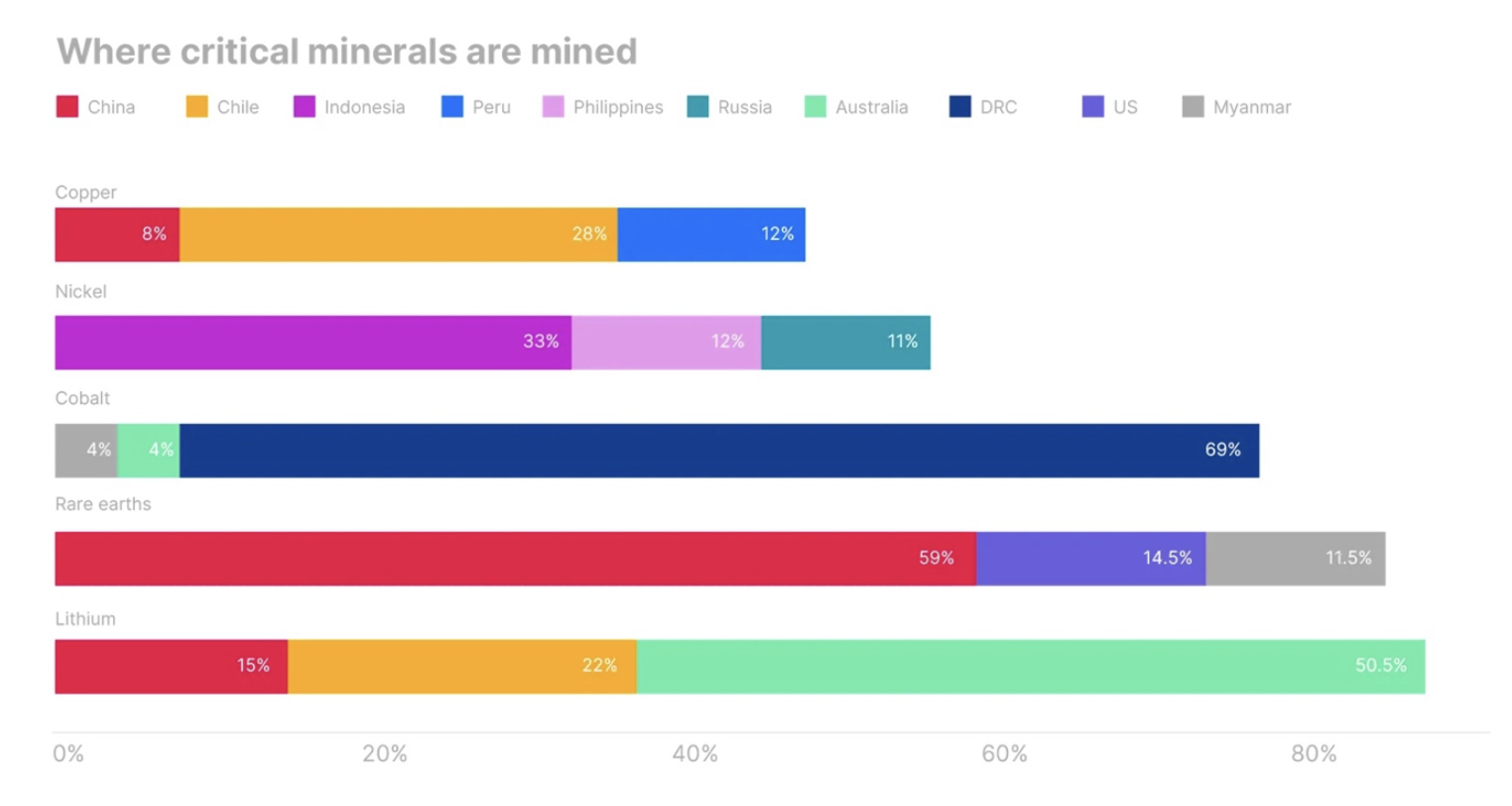
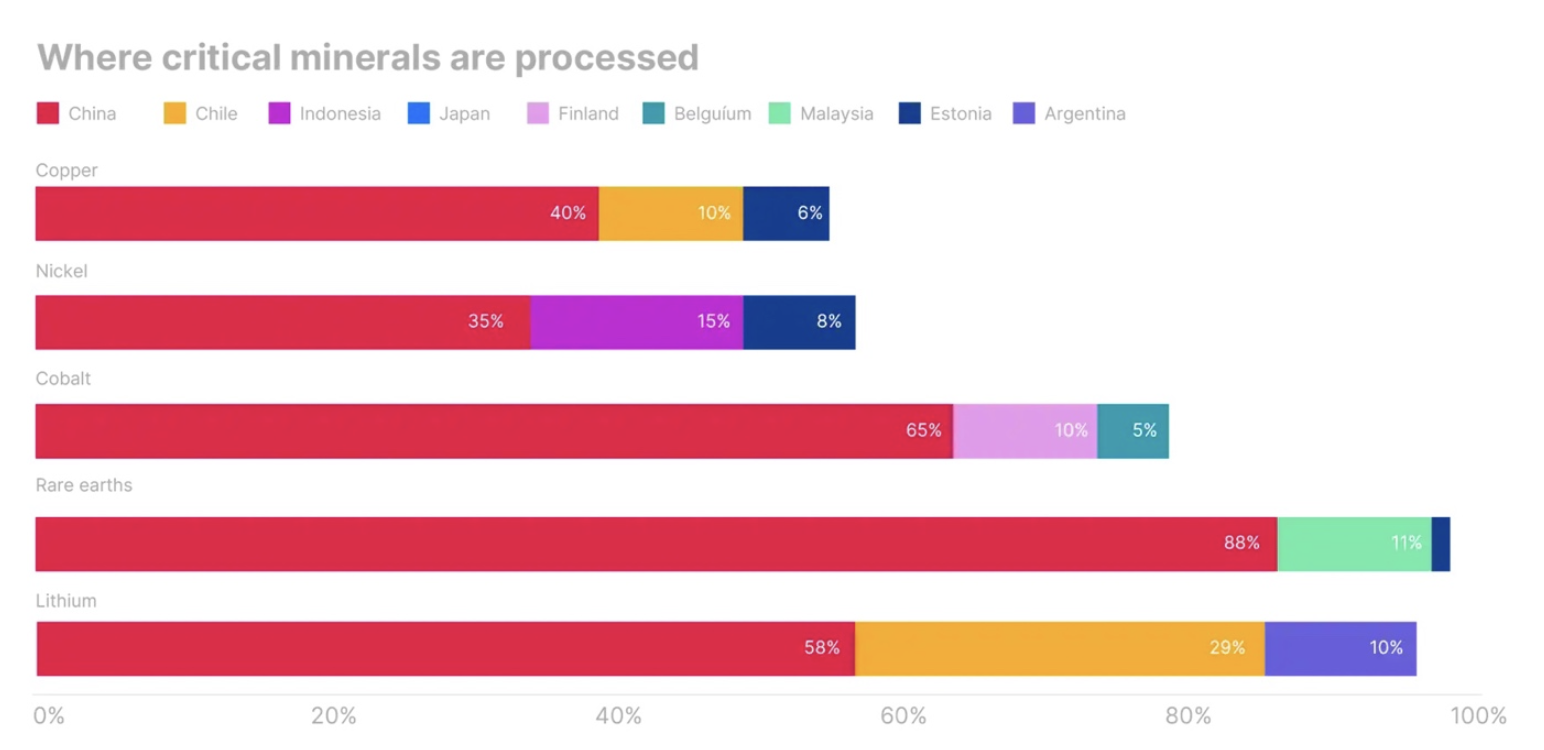






















![Forex Club – Tax 9 – Settle tax on a foreign broker [Download the Application] Forex Club - Tax 9](https://forexclub.pl/wp-content/uploads/2024/02/Forex-Club-Podatek-9-184x120.jpg?v=1709046278)
![Trading View platform – solutions tailored to the needs of traders [Review] trading view review](https://forexclub.pl/wp-content/uploads/2024/03/trading-view-recenzja-184x120.jpg?v=1709558918)
![How to connect your FP Markets account to the Trading View platform [Guide] fp markets trading view](https://forexclub.pl/wp-content/uploads/2024/02/fp-markets-trading-view-184x120.jpg?v=1708677291)
![How to invest in ChatGPT and AI? Stocks and ETFs [Guide] how to invest in chatgpt and artificial intelligence](https://forexclub.pl/wp-content/uploads/2023/02/jak-inwestowac-w-chatgpt-i-sztuczna-inteligencje-184x120.jpg?v=1676364263)


![WeWork – the anatomy of the collapse of a company valued at $47 billion [WeWork, part II] wework bankruptcy story](https://forexclub.pl/wp-content/uploads/2024/04/wework-bankructwo-historia-184x120.jpg?v=1711729561)
![Adam Neumann – the man who screwed up Softbank [WeWork, part AND] adam neumann wework](https://forexclub.pl/wp-content/uploads/2024/04/adam-neumann-wework-184x120.jpg?v=1711728724)





![How to transfer shares to another brokerage office [Procedure description] how to transfer shares to another brokerage house](https://forexclub.pl/wp-content/uploads/2024/03/jak-przeniesc-akcje-do-innego-biura-maklerskiego-184x120.jpg?v=1709556924)

![The most common mistakes of a beginner trader - Mr Yogi [VIDEO] Scalping - The most common mistakes of a beginner trader - VIDEO](https://forexclub.pl/wp-content/uploads/2024/03/Scalping-Najczestsze-bledy-poczatkujacego-tradera-VIDEO-184x120.jpg?v=1711601376)
![Learning patience: No position is also a position - Mr Yogi [VIDEO] Scalping - Learning patience - No position is also a position - VIDEO](https://forexclub.pl/wp-content/uploads/2024/03/Scalping-Nauka-cierpliwosci-Brak-pozycji-to-tez-pozycja-VIDEO-184x120.jpg?v=1710999249)
![When to exit a position and how to minimize losses - Mr Yogi [VIDEO] Scalping - When to exit a position and how to minimize losses - VIDEO](https://forexclub.pl/wp-content/uploads/2024/03/Scalping-Kiedy-wyjsc-z-pozycji-i-jak-minimalizowac-straty-VIDEO-184x120.jpg?v=1710336731)


